Priorities in Paris
Lachie McKenzie | November 28, 2015.
Candles light up their faces. They now live only in the photographs and memories of those who knew them. The faces of the 130 people taken on November 14 adorn the statue in the Place de la République, in the heart of vibrant Paris. Candle wax from mourners has melted them together, repelling the cold rain that trickles down the stone.
It was here the people of France had planned to take a stand against another threat that would change their way of life – climate change. Around 200,000 people were expected on the streets of Paris. Those plans have been put on hold, for now.
The very statue that those faces adorn, a nine metre bronze Marianne, holds aloft an olive branch in one hand, with her other resting on a copy of the Rights of Man and of the Citizen. She embodies the French Republic and her presence highlights the balance between collective security and personal freedoms inherent in any democracy.
But the gathering crowds were there for a different reason. Instead of flags and banners proclaiming the defence of our shared resources, we see those 130 faces. Instead of chants and slogans in favour of a stable climate, we hear sirens and the thump of Gendarmerie boots, the occasional whimper of a mourner. Instead of a climate army, we see the French army.
Paris is no stranger to terrorism. For centuries its restaurants have been bombed by anarchists, its metro stations targeted by independence fighters. Swastikas once adorned the Eiffel Tower. But each time the city faces a threat, Parisians find a way to overcome it. The city’s motto Fluctuat nec mergitur – tossed but not sunk, has been adopted anew. It can be seen spray-painted and chalked everywhere. The French don’t take a fight lying down.
As an unprecedented number of heads of state and government – 150 – arrive into Paris for the climate change talks, the city’s security and tension is set to intensify. Hotel rooms will be filled by world leaders, their staff and their negotiators, but the lifeblood of Paris – tourist numbers – are down. That said, Parisians are out drinking and eating in restaurants again. Defiance is in the air.
With all the world’s leaders gathered so soon after a terrorist attack, no doubt ISIL will be a large point of discussion. But there is also a sense of priorities. As the French, Americans, Canadians, British, Australians, Jordanians, Moroccans and Russians fly sorties over the Middle East to disrupt the operations of Daesh, there is a sense of hope that the same kind of international cooperation can be found in order to preserve the climate.
As Naomi Klein argues, the response to the attacks in Paris reveals a lot about ‘whose security is ultimately valued’. For a while, possibly many months, Parisians will forego many of their privileges, such as freedom of movement and assembly, but this will no doubt revert to normal.
The victims of Paris deserve our sadness and our attention. But so do the millions set to lose their way of life due to climate change. Our solidarity, our empathy, our determination – those threatened by a changing climate deserve these things just as much as those in the concert hall and in the restaurants.
The victims of November were simply enjoying life. A glass of wine, a concert, a football match. Through no fault of their own, their life was taken from them. And what of the coastal residents of the Maldives and Kiribati whose homes are literally being consumed by the rising ocean? And the thousands displaced by typhoons each year? Where is their Facebook filter?
We cannot tell for certain how the terror attacks will influence the outcome of negotiations here in Paris, if at all. But the immediacy and tangibility of terrorism should not overcome the very real devastation people face if world leaders fail to act together. In fact, a climate deal may be the best hope for peace.





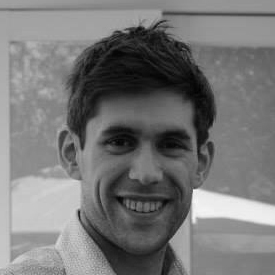
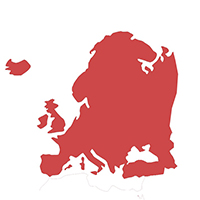
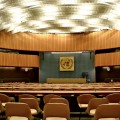
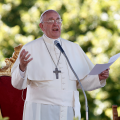
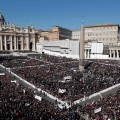



comment